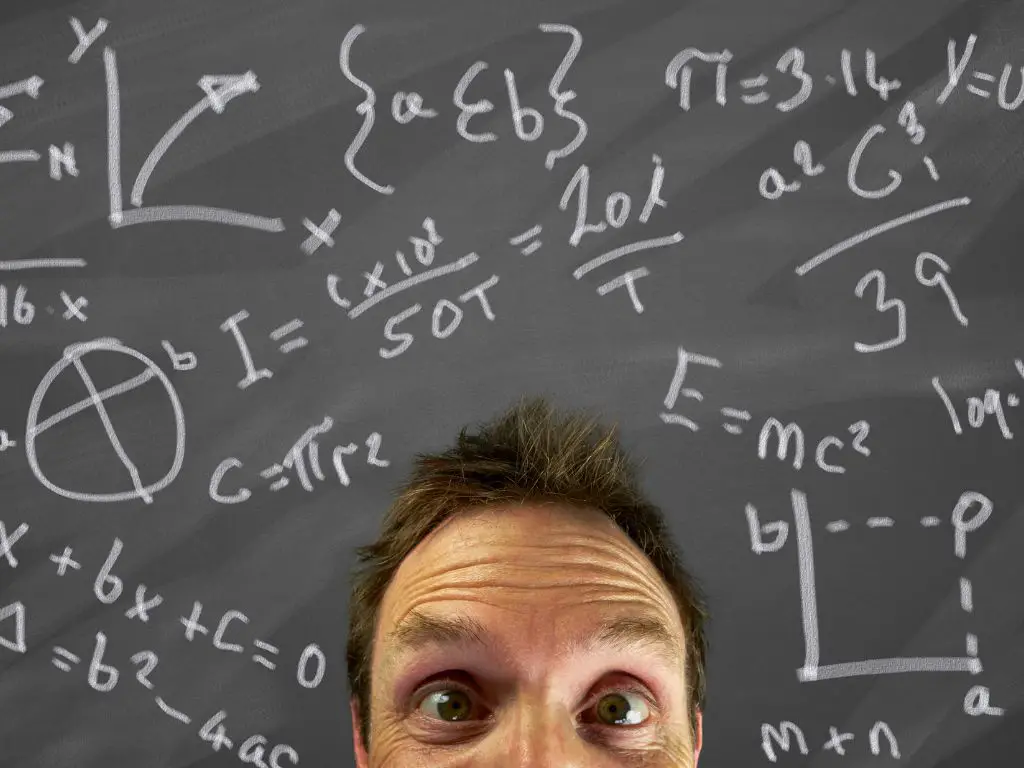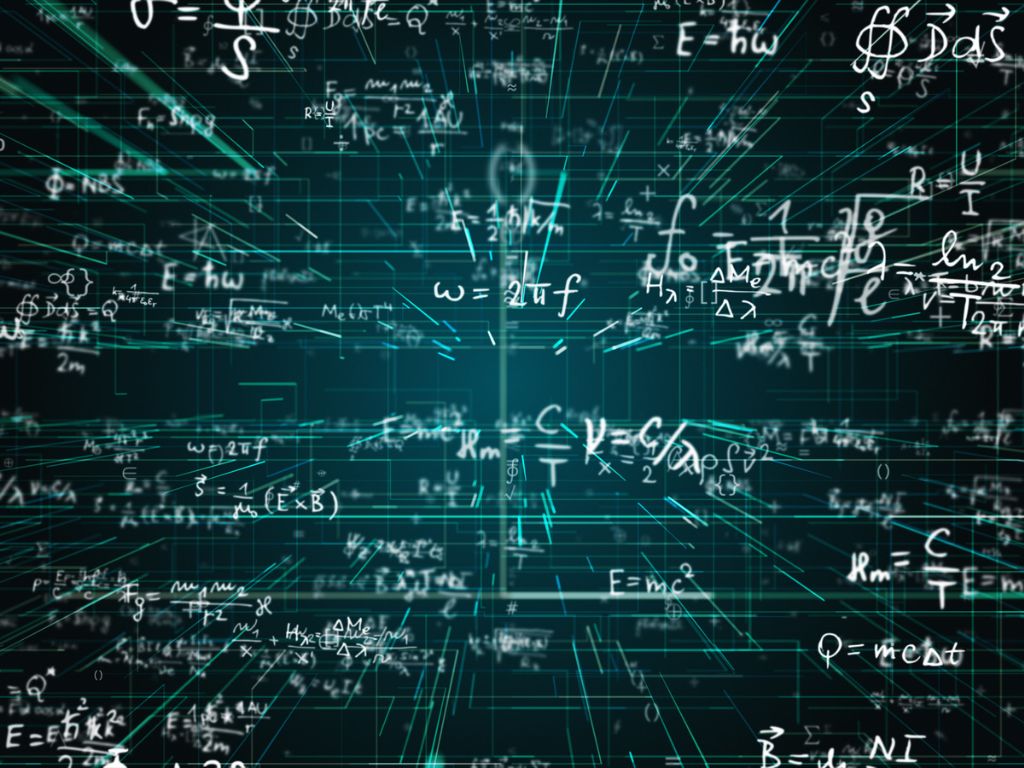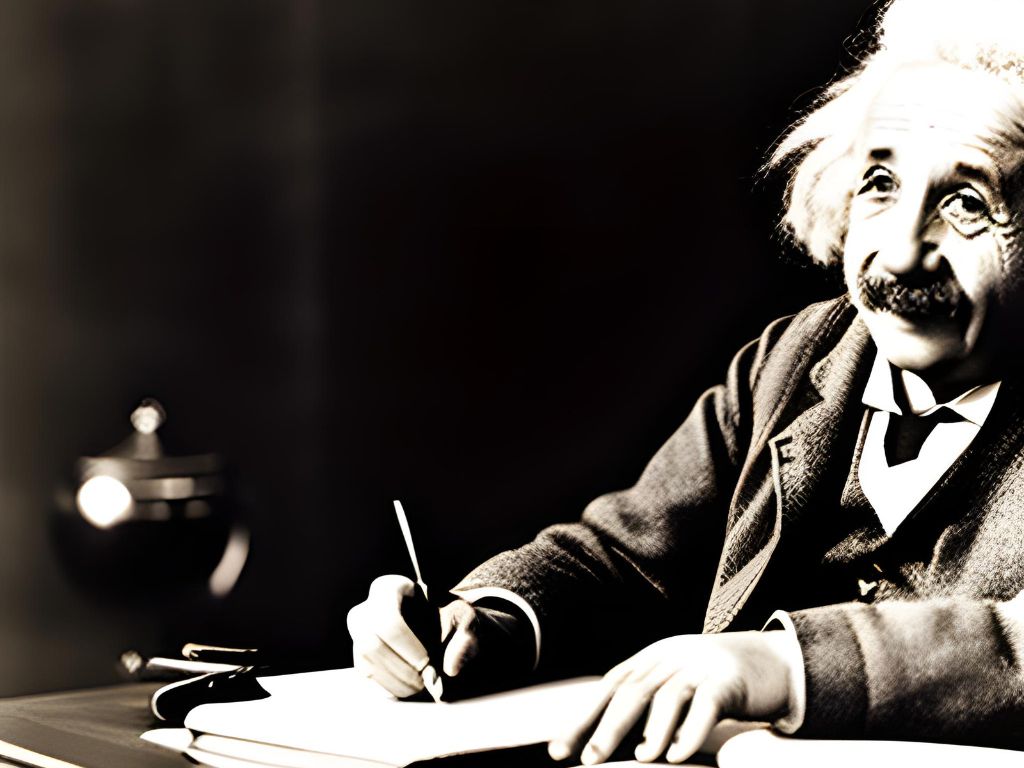Have you ever wondered what the universe is made of? How did it begin? How does it work? These are some of the biggest questions that scientists have been trying to answer for centuries. They have discovered many amazing things about the universe, such as planets, stars, galaxies, black holes, and even tiny particles that make up everything we see. But they still don’t have a complete picture of how everything fits together. They are looking for a single equation that can explain all the forces and phenomena in the universe. They call it “The God Equation”.
The God Equation
The God Equation is not about religion or belief. It is about finding a mathematical formula that can describe the nature of reality. It is also known as “The Theory of Everything” or “The Final Theory”. It would be the ultimate achievement of science and human knowledge. It would reveal the secrets of creation and the destiny of the cosmos.
But finding The God Equation is not easy. It requires a lot of imagination, creativity, and hard work. Scientists have to use powerful telescopes, particle accelerators, and supercomputers to test their ideas and experiments. They also have to use a special language called “physics” to express their theories and equations. Physics is the science that studies how matter and energy behave in the universe.
Albert Einstein and The God Equation
One of the most famous physicists who tried to find The God Equation was Albert Einstein. He was a genius who revolutionized our understanding of space and time with his theory of relativity. He showed that gravity is not a force, but a result of how space and time are curved by mass and energy. He also showed that matter and energy are interchangeable with his famous equation E=mc2. This means that a small amount of matter can produce a huge amount of energy, as in nuclear bombs or stars.
Einstein wanted to find a way to combine his theory of relativity with another theory called quantum mechanics. Quantum mechanics is the science that studies how atoms and subatomic particles behave in the microscopic world. It shows that these particles can act like waves or particles, depending on how we observe them. It also shows that they can exist in multiple states at once, until we measure them. This is called “superposition”. For example, a particle can be spinning up or down, or both at the same time, until we look at it.
Quantum mechanics is very strange and counterintuitive, but it has been proven to be very accurate and successful in explaining many phenomena, such as electricity, magnetism, light, chemistry, and biology. However, it does not agree with Einstein’s theory of relativity when it comes to very high speeds or very strong gravity. For example, quantum mechanics predicts that black holes should emit radiation, while relativity predicts that nothing can escape from them. This is called “the information paradox”.
Einstein spent many years trying to find a way to unify relativity and quantum mechanics into one theory. He called it “the unified field theory”. He hoped that this theory would be simple and elegant, like his equation E=mc2. He believed that God does not play dice with the universe, meaning that there is no randomness or uncertainty in nature. He thought that there must be a hidden order behind the apparent chaos of quantum mechanics.
Michio Kaku and The God Equation
Einstein never succeeded in finding his unified field theory before he died in 1955. He left behind a legacy of brilliant ideas and discoveries that inspired many other physicists to continue his quest for The God Equation.
One of them was Michio Kaku, a Japanese-American physicist and author who wrote a book called “The God Equation: The Quest for a Theory of Everything”. In this book, he tells the story of how physicists have been trying to find The God Equation for centuries, starting with Isaac Newton’s law of gravity, which unified our experience of gravity on Earth and the motions of the celestial bodies. He then explains how Einstein’s relativity and quantum mechanics changed our view of space and time and matter and energy. He also introduces some of the modern theories that try to go beyond relativity and quantum mechanics, such as string theory.

String theory is one of the most popular candidates for The God Equation among physicists today. It proposes that all matter and energy are made of tiny vibrating strings that exist in 11 dimensions. These strings can vibrate in different ways, producing different particles and forces. String theory also predicts the existence of parallel universes, wormholes, and extra dimensions. However, string theory is very difficult to test and verify, because the strings are too small and the extra dimensions are too hidden to be detected by our current instruments. Some physicists doubt that string theory is a true theory of everything, because it has many different versions and assumptions that are not well understood.
Loop Quantum Gravity and The God Equation
Another theory that tries to find The God Equation is loop quantum gravity. It is based on the idea that space and time are not continuous, but made of tiny loops or networks of quantum information. These loops can interact and change shape, creating the geometry and dynamics of space-time. Loop quantum gravity also predicts that space and time have a minimum size and a maximum temperature, which could solve some of the paradoxes and singularities of relativity and quantum mechanics. However, loop quantum gravity also faces many challenges and criticisms, such as how to incorporate matter and energy into the loops, and how to explain the origin and evolution of the universe.
Other Theories and The God Equation
There are many other theories that try to find The God Equation, such as M-theory, twistor theory, causal sets, emergent gravity, and holographic principle. Each of them has its own strengths and weaknesses, advantages and disadvantages, supporters and opponents. None of them has been proven or disproven yet. They are all works in progress, waiting for more evidence and experiments to confirm or reject them.
The quest for The God Equation is still ongoing. It is one of the most fascinating and ambitious endeavors in human history. It is also one of the most challenging and uncertain ones. It may take decades or centuries or even longer to find The God Equation, if it exists at all. It may also require new discoveries and breakthroughs that we cannot imagine yet. But the journey itself is worth taking, because it teaches us more about ourselves and our place in the cosmos. It also inspires us to wonder and dream about the mysteries and possibilities of nature.
As Michio Kaku writes in his book: “The God Equation is our generation’s moon shot. It will be the crowning achievement of science, a task that will outlive our civilization and endure for millions of years.”




